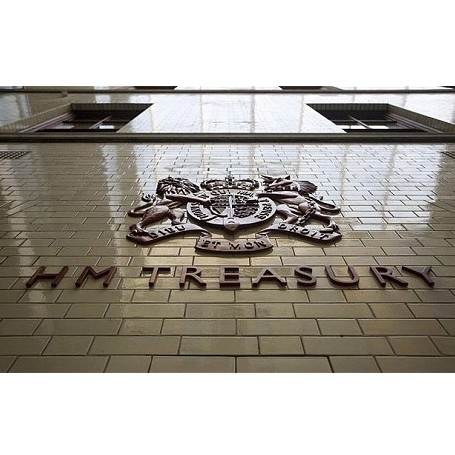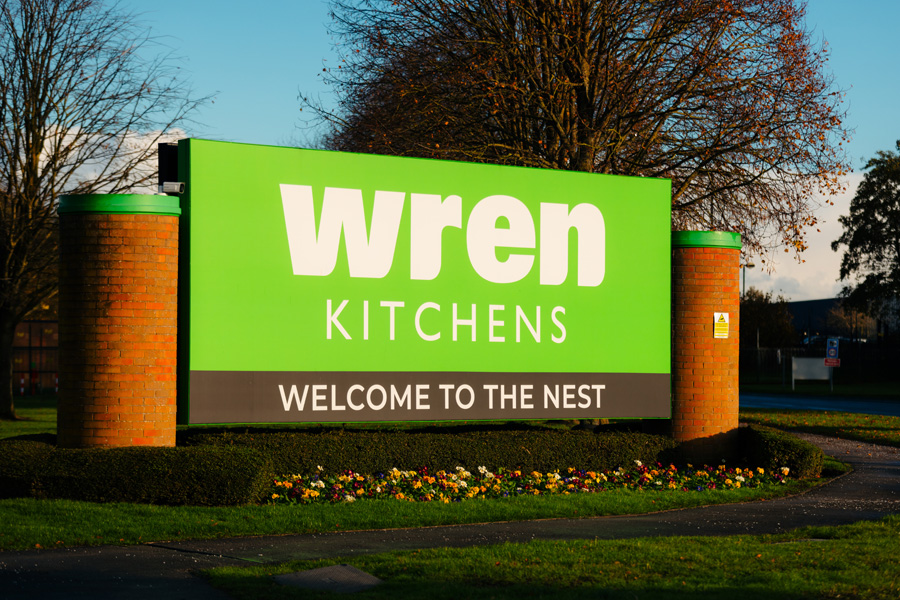
George Osborne has said the UK is growing faster than any other major economy thanks to his policies, but the job of recovery was "not yet done".
Delivering his Autumn Statement, the chancellor said Britain was set to be back in the black by 2018/19.
But money was still tight and millions would have to wait longer before they got a state pension. He said his plan was "working", but Labour said he was "in denial" about the "cost-of-living crisis".
John Cridland, CBI Director-General, said: “We have always advocated the dual approach of tackling the deficit and driving growth – the OBR forecasts confirm it is working. Let’s stick with what works.
“The pressure on the high street has been recognised; the 2% cap on business rates and discount for very small businesses are positive, as is the reoccupation relief.
“Abolishing a jobs tax on employing young people under 21 will make a real difference and help tackle the scourge of youth unemployment.
“But it was a missed opportunity not to support our hard-pressed energy intensive businesses which are also struggling with rising costs, and the package on housing supply could have been more ambitious.
“As we enter the festive season, positive news on growth is clearly welcome but much remains to be done if the benefits of economic recovery are to reach every home in every corner of the UK.”
On housing and infrastructure, CBI Mr Cridland said: “House building is critical to a sustainable recovery so the OBR’s concerns about weakness in supply must be addressed. £1 billion of loans to unblock large housing developments is good news, while more lenders getting involved in Help to Buy will benefit people trying to get on the housing ladder. But the Government still needs to do more to free up public sector land for development to build more homes.
“This week’s national infrastructure plan gave us more detail on the timescales and financing of projects, but it still feels like a very long and hopeful Christmas list, rather than a true set of priorities.”
Plans to bribe individual households to accept new homes or commercial schemes will undermine genuine infrastructure spending or act as an additional tax on development, the British Property Federation said.
Responding to the surprise announcement in the Autumn Statement that the government would “develop a pilot for passing a share of the benefits of development directly to individual households,” Liz Peace, Chief Executive of the British Property Federation, said:
“While it is right that communities can see the benefits of accepting new development in their area, we would urge Government to be cautious. Either this bribe for households will be paid from existing developer contributions, and so divert funds away from badly needed infrastructure or this will represent an extra contribution that developers must pay – on top of their already-onerous Community Infrastructure Levy and section-106 payments.
“Either option would be extremely unwelcome. This policy risks setting an unnecessary precedent that households could expect handouts to accompany every new development, and may lead people to attach less weight to those benefits that will be felt by the community as a whole.”
On action to unlock stalled housing sites, she said: “The £1billion 6 year programme to fund infrastructure to unlock housing sites is very welcome. The up-front cost of infrastructure is one of the biggest deterrents to development. In many cases, a comparatively small amount of Government funding can transform the viability of major housing projects.”
Proposals to compensate individual households for new development, she said: “While it is right that communities can see the benefits of accepting new development in their area, we would urge Government to be cautious. Either this bribe for households will be paid from existing developer contributions, and so divert funds away from badly needed infrastructure or this will represent an extra contribution that developers must pay – on top of their already-onerous Community Infrastructure Levy and section-106 payments.
“Either option would be extremely unwelcome. This policy risks setting an unnecessary precedent that households could expect handouts to accompany every new development, and may lead people to attach less weight to those benefits that will be felt by the community as a whole.”
New energy efficiency grants for homebuyers and private landlords were cautiously welcomed. “In terms of the incentives as they are described, based on the amount of funding and the homes being targeted, each property would receive £2000 of Government funding," she continued.
"We would, however, urge the Government to ensure that the level of finance available is sufficient to provide adequate funding for the measures necessary to bring the least energy efficient rental properties in line to meet the Government’s minimum energy efficiency standards under the Energy Act 2011.”




















